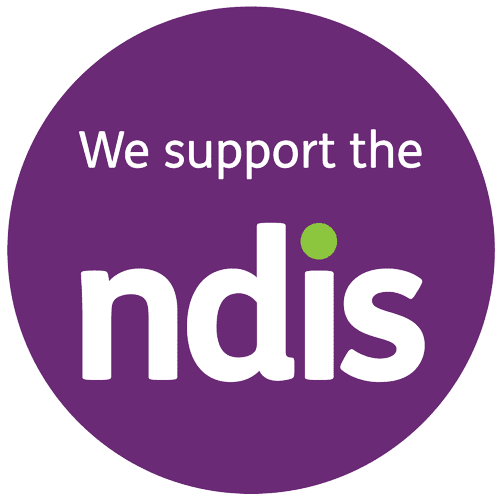How we can help
HOW WE CAN .
- Determine how your child is currently communicating
- Support your child's communication development (using a total communication system)
- Establish supportive learning environments for communication development
What does an assessment involve?
Getting to Know Your Child
Exploring Communication
Recommendations and Plan
What does therapy involve?
We use evidence-informed, play-based approaches to plan fun and individualised activities that support your child’s communication goals. Therapy moves at your child’s pace, with a strong focus on connection, confidence, and meaningful progress.
At Orchard Therapy, we currently support preschool and primary school-aged children in speech, language, and literacy, as well as preschool-aged children who stutter.
Speech Therapy
Speech therapy supports children to develop clear, intelligible speech so they can be understood in everyday situations.
If your speech pathologist says your child needs support with articulation, it means they may need help making specific sounds accurately (e.g., supporting the positioning and movement of the tongue, lips, and jaw). Speech may sometimes sound “slushy” or different to peers.
If your speech pathologist says your child has a phonological delay, it means your child may need support learning and organising sounds into the right patterns. It is common for children to simplify their speech using patterns, however, there are certain ages we expect children to stop using these patterns and use more adult-like speech. If a child has a phonological delay, sounds are often said correctly but used in the wrong place. For example, the child can say the ‘p’ sound but may then also say ‘p’ for ‘f’ in ‘fish’ (“pish”).
How well speech is TYPICALLY understood by unfamiliar listeners?




Language Therapy
Language therapy supports children to understand and use language for everyday communication.
If your speech pathologist says your child needs support to develop receptive language skills, it means your child may need support to better understand and make sense of what they hear or read. This may include following instructions, comprehending the meaning of questions, or understanding the order of events in a story or experience.
If your speech pathologist says your child needs support to develop expressive language skills, it means your child may need support to use words, sentences, gestures and / or visuals to communicate their messages to others. This may include expressing their needs, speaking with communication partners, answering questions, telling stories or describing experiences. This may also include supporting their communication partners to better interpret their message.
Typical language milestones for children aged:
Stuttering (Fluency)
Stuttering is when the flow of speech is disrupted. This might sound like repeating sounds or words (e.g., “c-c-can I go?”), stretching out a sound (e.g., “sssssometimes”), or having moments where it is hard to get a word out at all.
It is common for preschool-aged children to go through periods of dysfluency as their language skills grow. Some children move through this naturally, while others may benefit from support if it becomes frequent, continues over time, or causes frustration.
At Orchard Therapy, we support preschool-aged children who stutter using the Lidcombe Program. The Lidcombe Program is an evidence-based approach for supporting children under 6 years old who stutter.
The program has two stages:
Stage 1
Stage 1 focuses on building fluency and confidence through relaxed, play-based interactions. Parents give encouraging feedback when they hear smooth speech and gently support their child when stuttering is noticed.
Stage 2
Literacy
- Understand and make meaning from what they hear, read, or view
- Use spoken, written, and visual language to share their own ideas
- Recognise and work with the sounds in words (phonological and phonemic awareness)
- Link sounds to letters (phonics)
- Read and spell words accurately and fluently
- Understand and respond to what they read (comprehension)
- Plan, organise, and write their own ideas for schoolwork and daily communication
FUNDING OPTIONS
We provide a range of options to best suit your child and family.
- National Disability Insurance Scheme (NDIS) – NDIS participants with self-managed or plan-managed plans only
- Medicare – Chronic Disease Management Plan (requires referral from GP or Paediatrician)
- Private health – Please check with your health insurer if you are covered for speech pathology services prior to making an appointment
- Private fee for service








